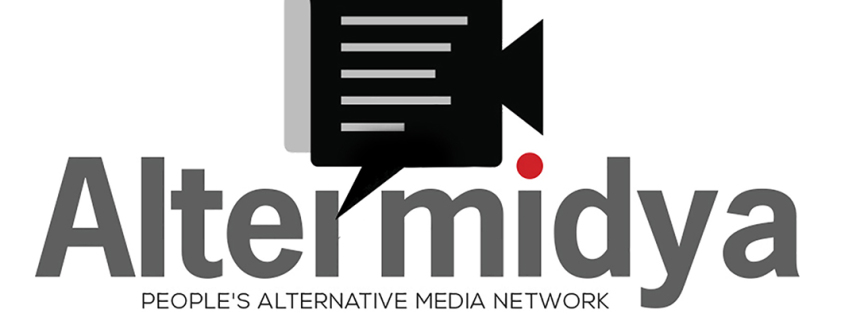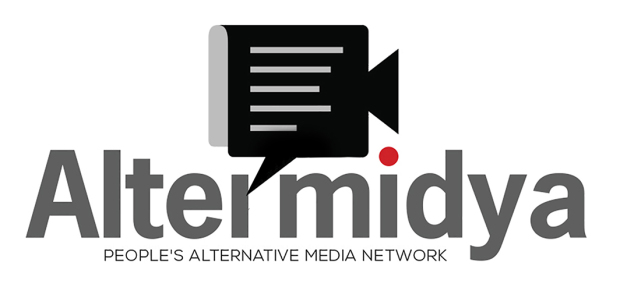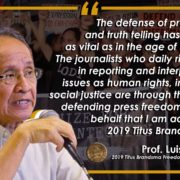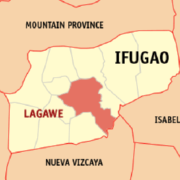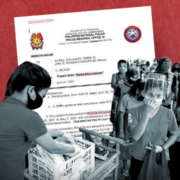Pooled Editorial | Fight for genuine freedom of information law
There is no reason to rejoice over the recent approval of the consolidated bill on Freedom of Information (FOI) in the House at the committee level, and the approval of the Senate version earlier this year.
We, alternative media practitioners united under Altermidya, believe that the FOI versions restrict rather than enhance public access to information.
The consolidated bills, both in the Lower House and the Senate, fail to meet the minimum international standards set by Article 19 for an FOI law to be effective. These include, among others, the following:
- a strong presumption in favor of disclosure (the principle of maximum disclosure);
- broad definitions of information and public bodies;
- positive obligations to publish key categories of information;
- clear and narrowly drawn exceptions, subject to a strong harm test and a public interest override; and
- effective oversight of the right by an independent administrative body.
Both FOI bills adopted all of the exceptions proposed by Malacañang in its own version. Contrary to Palace claims that these are necessary, the list institutionalizes the absence of transparency and accountability.
Exempting from public access the minutes, drafts of resolutions, orders, memoranda etc., including drafts of bilateral and multilateral agreements from public scrutiny, precludes citizen participation in decision-making on issues of public interest.
Subjecting access to income tax returns, and statement of assets, liabilities and networth (SALN) of public officials to existing laws, rules and regulations further undermines efforts to curb corruption.
The provision exempting from disclosure matters involving national security is also so broad that it could be used to hide cases of human rights violations perpetrated by state agents.
With regard to the public interest override, both bills state that “The President, the Supreme Court, the Senate, the House of Representatives, and the Constitutional Commissions may waive an exception with respect to information in the custody of offices under their respective supervision or control, when they deem that there is an overriding public interest in disclosure.” (Emphasis supplied)
This provision does not provide a mechanism for checks and balance. In both bills, no independent administrative body that will have effective oversight of the right to information will be created.
Journalists and ordinary citizens have been demanding enactment of a genuine freedom of information law. We cannot settle for a law that will make truth telling even more difficult: a bad law is worse than no law at all.
AlterMidya is a nationwide network of independent and progressive alternative media outfits and practitioners in the Philippines that promotes journalism for the people.

